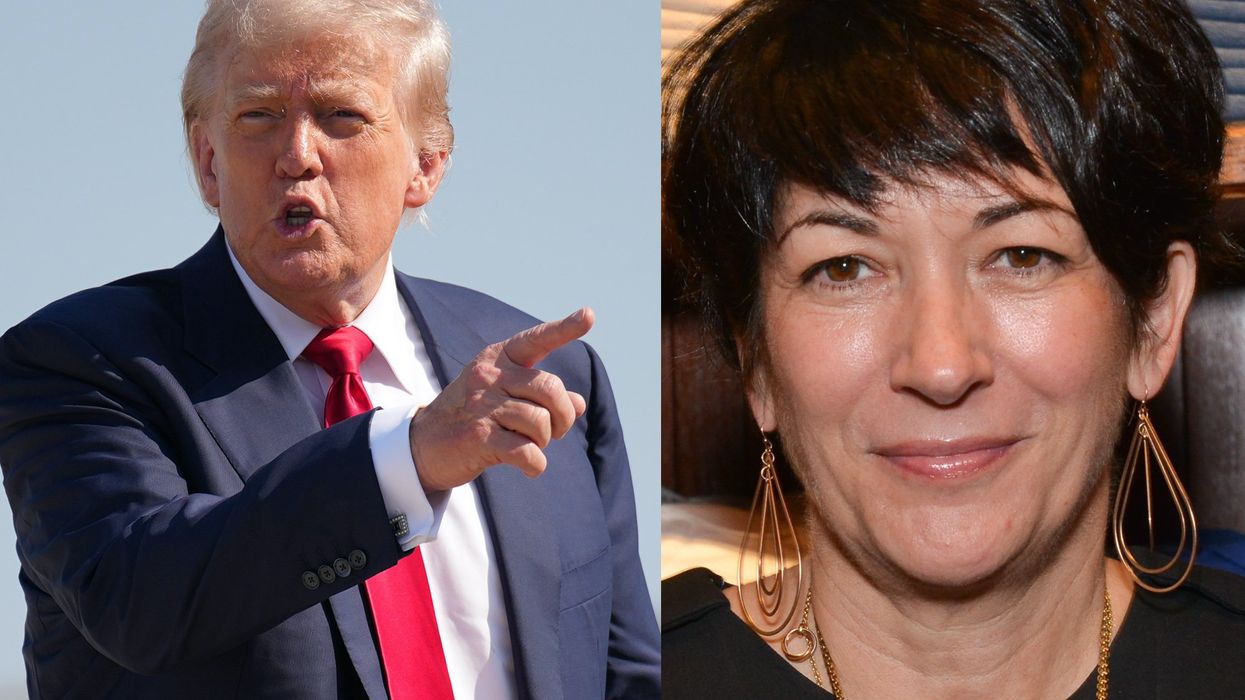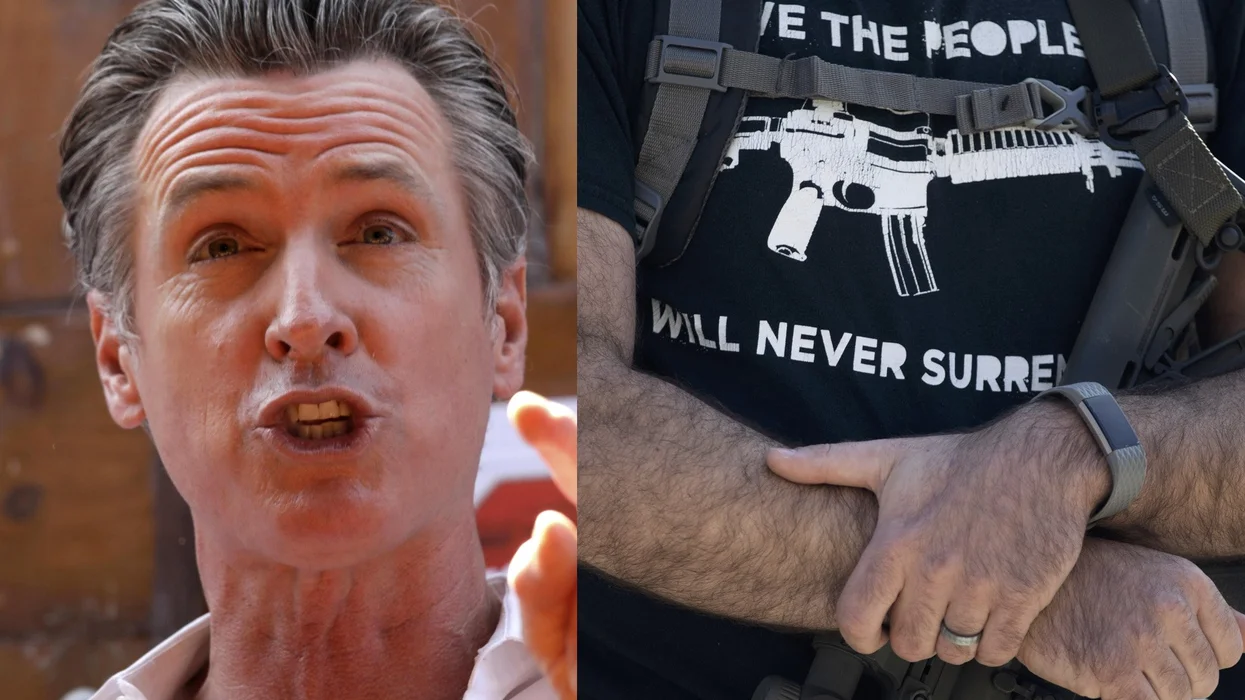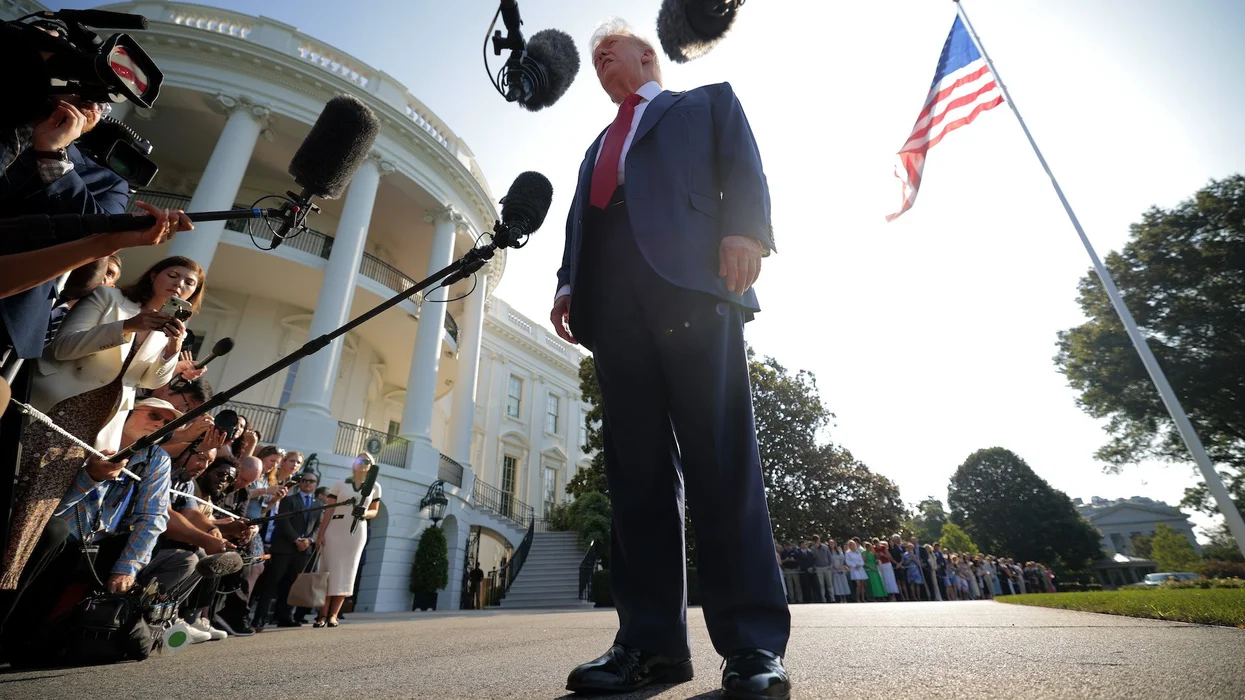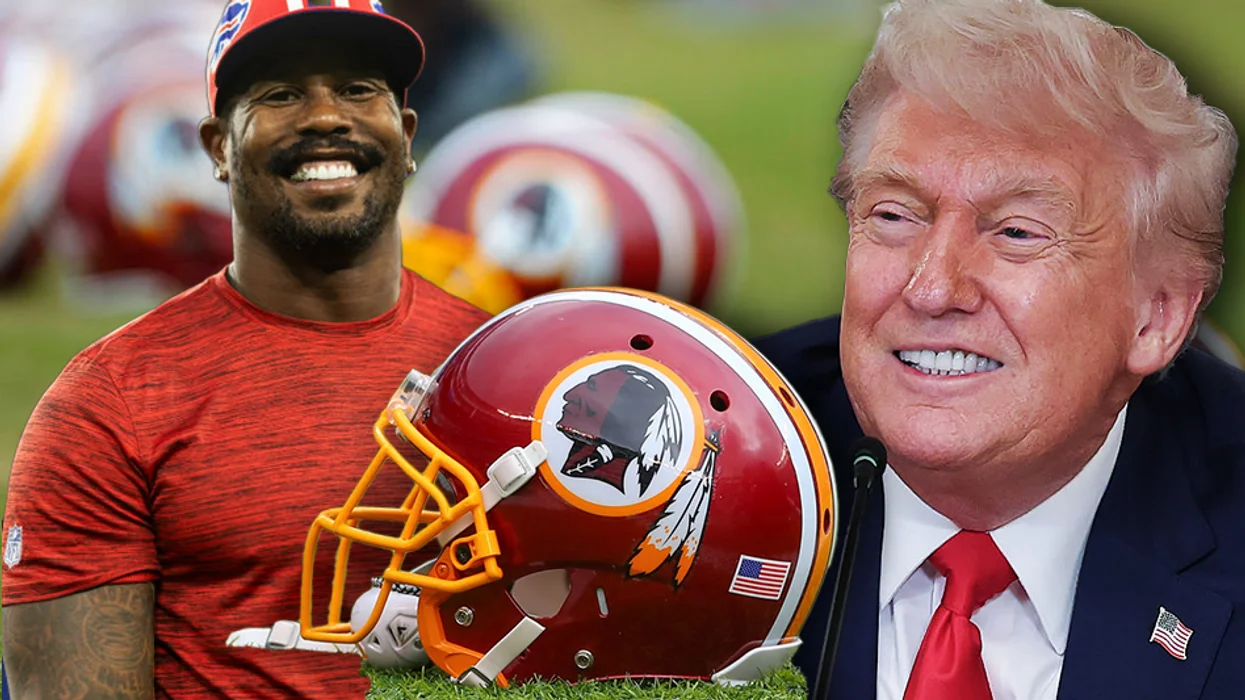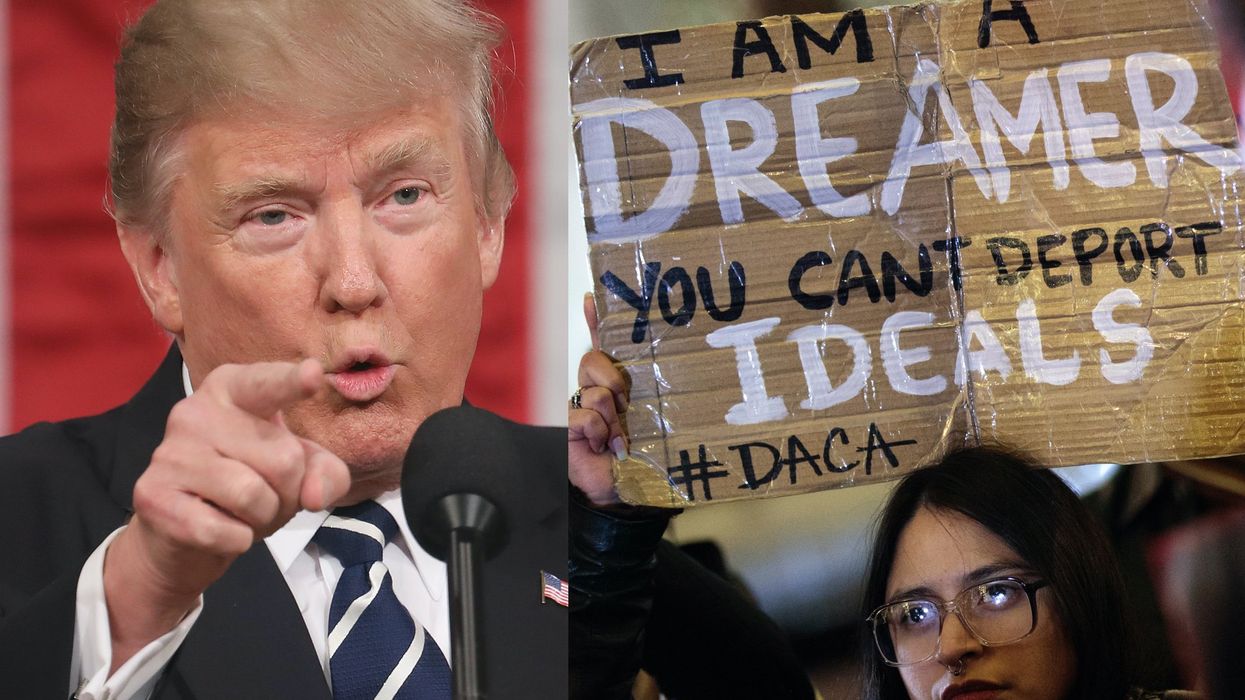UPDATE, 4:10 p.m.: WASHINGTON (AP) — The Libyan militant charged in the Benghazi attacks has pleaded not guilty to conspiracy.
Ahmed Abu Khattala made his initial appearance in federal court in the nation's capital on Saturday.
A grand jury indictment says Abu Khattala took part in a conspiracy to provide material support and resources to terrorists in the 2012 attacks that killed U.S. Ambassador Chris Stevens and three other Americans.
In court, he wore a two-piece black track suit and kept his hands behind his back. He looked impassively at the judge for most of a 10-minute court hearing.
--
UPDATE: "We expect that [Ahmed Abu Khattala] will be presented before a judicial officer at 3:30 p.m. today, Saturday, June 28, 2014, in the U.S. District Court for the District of Columbia," wrote U.S. attorney's office spokesperson William Miller in a Saturday statement.
Original story below
—
Ahmed Abu Khattala, a suspect in the 2012 Benghazi attack on the U.S. diplomatic mission to Libya, arrived at the Washington, D.C. federal courthouse Saturday, the Associated Press reported.
Abu Khattala's arrival was accompanied by heightened security at the courthouse, the AP reported.
 This undated file image obtained from Facebook shows Ahmed Abu Khattala, an alleged leader of the deadly 2012 attacks on Americans in Benghazi, Libya, who was captured by U.S. special forces on Sunday, June 15, 2014, on the outskirts of Benghazi. Abu Khattala was a prominent figure in the eastern city of Benghazi's thriving circles of extremists, popular among young radicals for being among the most hard-core and uncompromising of those calling for Libya to be ruled by Islamic Shariah law. But he was always something of a lone figure. (AP Photo, File)
This undated file image obtained from Facebook shows Ahmed Abu Khattala, an alleged leader of the deadly 2012 attacks on Americans in Benghazi, Libya, who was captured by U.S. special forces on Sunday, June 15, 2014, on the outskirts of Benghazi. Abu Khattala was a prominent figure in the eastern city of Benghazi's thriving circles of extremists, popular among young radicals for being among the most hard-core and uncompromising of those calling for Libya to be ruled by Islamic Shariah law. But he was always something of a lone figure. (AP Photo, File)
Abu Khattala faces criminal charges in the deaths of four Americans, including the U.S. ambassador to Libya.
The criminal complaint against Abu Khattala, filed a last year and unsealed after his capture, accuses him of killing a person during an attack on a federal facility, a crime punishable by death; providing federal support to terrorists resulting in death; and using a firearm in a crime of violence.
As the New York Times noted, trying Abu Khattala at the D.C. courthouse poses some unique security risks.
Nearly all the high-profile terrorists tried in federal court since the Sept. 11, 2001, attacks have been tried in New York or Alexandria, Va., across the Potomac River from Washington. The New York courthouse is connected directly to jails where the defendants are typically held, making it far easier to transport them for court appearances.
The Washington courthouse is not connected to a jail, so every time Mr. Abu Khattala has to appear in court the government will have to move him with armed guards in armored vehicles.
The streets of Washington are often filled with the motorcades of American politicians and foreign leaders. But the daily transportation of such a suspect could create the risk of an attack or sabotage, security experts said.
Abu Khattala could face a judge Saturday, the AP reported.
The Libyan militant was captured by U.S. special forces in a raid near Benghazi two weeks ago, and the AP reported that he was questioned aboard a Navy amphibious transport dock ship as he was brought to the United States.
—
Follow Zach Noble (@thezachnoble) on Twitter

 This undated file image obtained from Facebook shows Ahmed Abu Khattala, an alleged leader of the deadly 2012 attacks on Americans in Benghazi, Libya, who was captured by U.S. special forces on Sunday, June 15, 2014, on the outskirts of Benghazi. Abu Khattala was a prominent figure in the eastern city of Benghazi's thriving circles of extremists, popular among young radicals for being among the most hard-core and uncompromising of those calling for Libya to be ruled by Islamic Shariah law. But he was always something of a lone figure. (AP Photo, File)
This undated file image obtained from Facebook shows Ahmed Abu Khattala, an alleged leader of the deadly 2012 attacks on Americans in Benghazi, Libya, who was captured by U.S. special forces on Sunday, June 15, 2014, on the outskirts of Benghazi. Abu Khattala was a prominent figure in the eastern city of Benghazi's thriving circles of extremists, popular among young radicals for being among the most hard-core and uncompromising of those calling for Libya to be ruled by Islamic Shariah law. But he was always something of a lone figure. (AP Photo, File)
